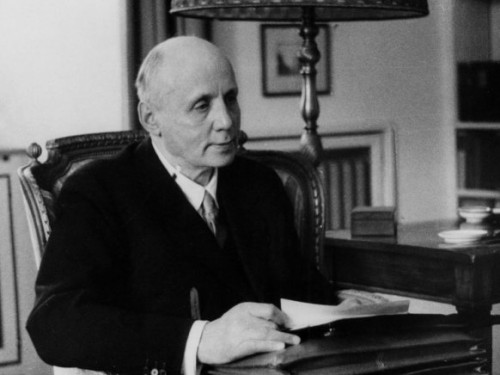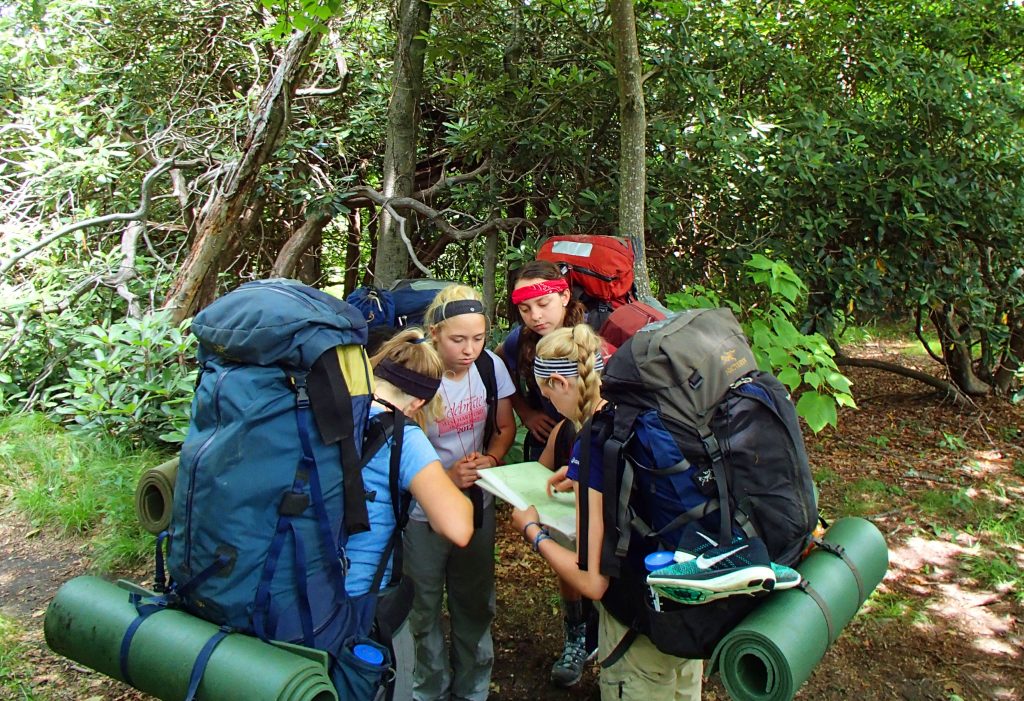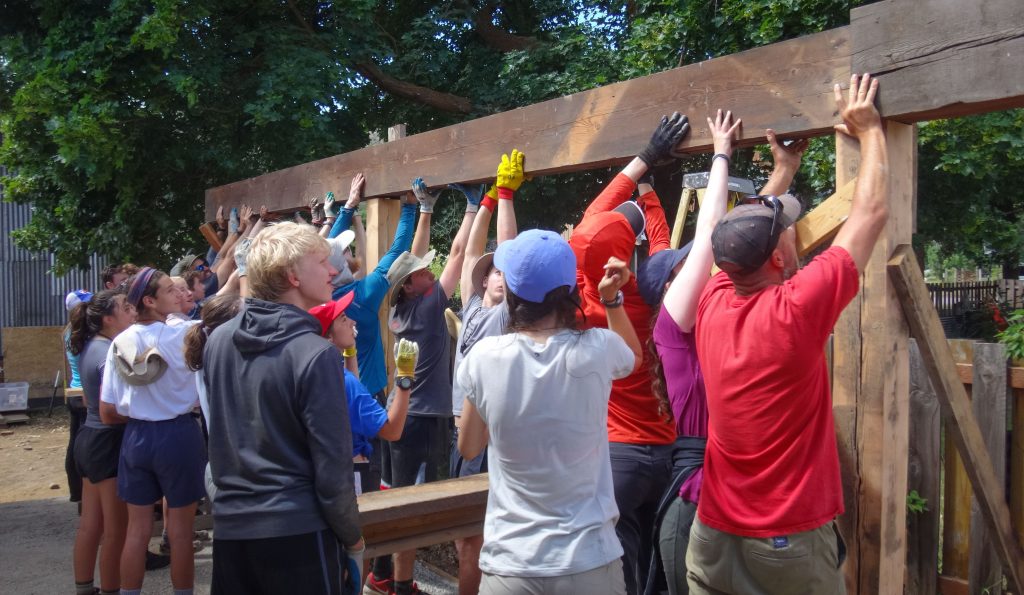Kurt Hahn, the founder of Outward Bound, was an educational reformer whose ideas remain as relevant as ever. Born in 1886, Hahn founded numerous schools and educational programs during his life.

Kurt Hahn, the founder of Outward Bound founded numerous schools and educational programs during his life.
Hahn identified six declines facing the youth of his time that he felt needed to be addressed through preventative education. As you read through his list, keep in mind that he identified these before the internet was invented, before cell phones, before video games.
They are:
- The decline of fitness due to modern methods of locomotion
- The decline of initiative and enterprise due to the widespread disease of “spectatoritis”
- The decline of memory and imagination due to the confused restlessness of modern life
- The decline of skill and care due to the weakened tradition of craftsmanship
- The decline of self-discipline due to the ever-present availability of stimulants and tranquilizers
and worst of all
- The decline of compassion due to the unseemly haste with which modern life is conducted
Reading through this list, it becomes apparent that the trends that Hahn identified in the mid-twentieth century have only become more marked since Hahn’s death in 1974. It’s also clear that these declines aren’t confined to youth, but have, in ways, become part of our culture. Consumer culture has embraced the “weakened tradition of craftsmanship,” providing us with toys and tools which we can’t repair, even if we wanted to. “Unseemly haste” seems to be a necessity for those balancing working, commuting and child care, while being constantly available to co-workers or supervisors after work hours.

“Unseemly haste” seems to be a necessity for those balancing working, commuting and child care, while being constantly available to co-workers or supervisors after work hours.
Hahn, however, wasn’t one to gripe about what needed fixing. He built school after school and half a dozen educational programs, attempting to address and prevent these declines. He sought to teach youth healthy habits which would help to change the course of modern life, setting youth up to discover their passions instead of succumbing to “spectatoritis.” His curricula focused on prevention rather than treatment.
Several key elements are woven throughout Hahn’s educational paradigms to fend off the declines. Hahn incorporated physical fitness, expeditionary travel, social service and “project work,” which consisted of student-led inquiry and execution of a project in research, art or construction. Physical fitness was important, sometimes in competition with others but often pursuing one’s own best.
At Outward Bound, expeditionary travel pushes students to achieve more than they think they can, leaving them unwilling to settle for less for the rest of their lives. “Spectatoritis” becomes impossible when each team member needs to put on their pack and hike to the next campsite. Students who may have previously been on the sidelines of daily activities find themselves thrown into the mix, cooking food for the team, giving the team directions from the map and setting up their shelter for the night. Taking time away from screens and social media, from extracurriculars and jobs, to be in wild places, is a new experience for many students. They often begin to recognize the “confused restlessness” and “unseemly haste” when far enough removed from it. Though it’s impossible, afterward, to keep it all from pouring back in, many students set goals for how to hang onto some of the perspective and calmness they learned on their expedition.

Students who may have previously been on the sidelines of daily activities find themselves thrown into the mix on an Outward Bound course, cooking food for the team, giving the team directions from the map and setting up their shelter for the night.
Outward Bound courses include service both as a daily model of acting in service to team members, and also as an element ranging from several hours of trail maintenance to multi-day projects at farms, nature preserves, food pantries and more. Though students aren’t completing research or art projects during their course, Outward Bound keeps the value of student-led initiative alive, transferring responsibility and decision-making power to students as they master the skills needed to run the trip themselves. Expeditions often include a “final” phase where students’ own interests and desires for the course are top priority, as Instructors move to the role of coaching, mentorship and safety management.

Photo shows Outward Bound students completing a service project on an expedition, courtesy of Luke O’Neill.
Hahn always placed compassion above all. Having lived through both world wars, and being a German-born Jew whose life was protected by influential friends and a move to England, Hahn clearly understood what a world without enough compassion could look like. Hahn’s insights into challenges facing youth remain remarkably timely, but perhaps most useful is his recipe for action, his unwillingness to accept these declines as status quo, his own initiative and enterprise in creating programs to change the world.
So, how can we invest in today’s youth—to ensure these declines don’t happen?
Our programs connect the next generation to opportunities for play, adventures, education, skill development, leadership, service and more, helping young people make friends, give back to their communities and build self-confidence. Young people are able to learn about themselves and build a strong foundation for a healthy, productive life.
And this year, we’ve teamed-up with 12 of the nation’s leading youth programs to launch Be a Champion, #InvestInKids to raise awareness and increase support for youth programs across the country. Every day, these programs reach millions of kids across the U.S. and make a positive impact in their communities and the world around them.
Learn more here: https://www.outwardbound.org/invest-in-kids/
About the Author
Renee Igo was an Outward Bound student at age 15, and has been instructing wilderness expeditions for the Voyageur Outward Bound School for the past eight years. When not instructing, she holds a variety of other teaching positions and raises sheep in Maine.
OTHER POSTS YOU MAY LIKE
Read More
Read More
Read More




